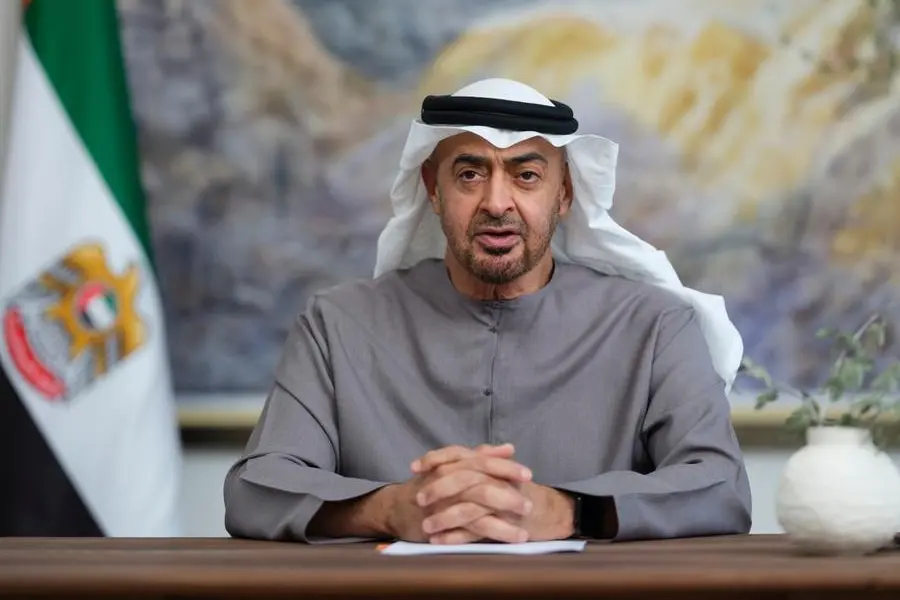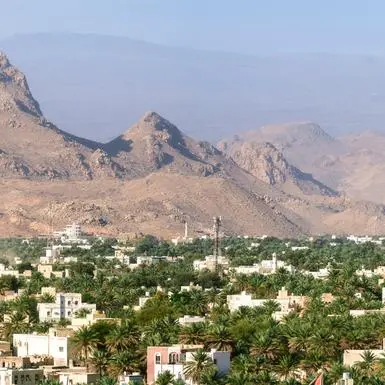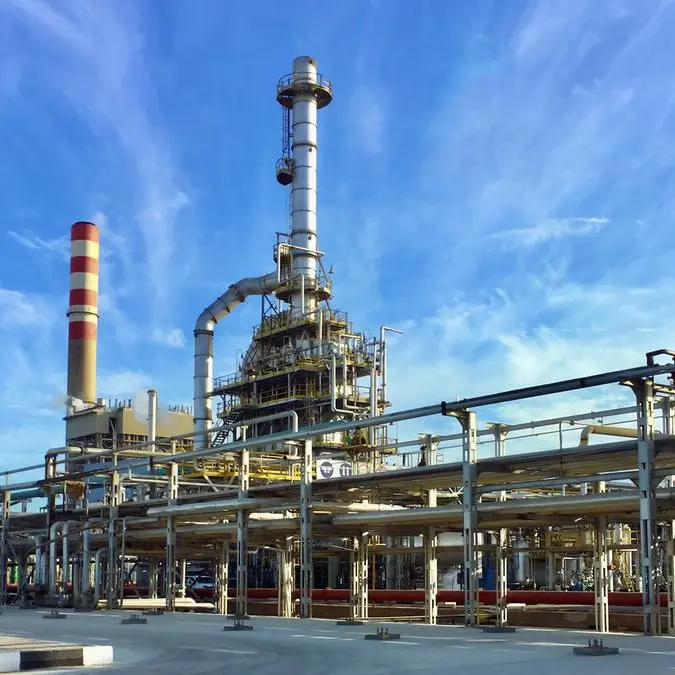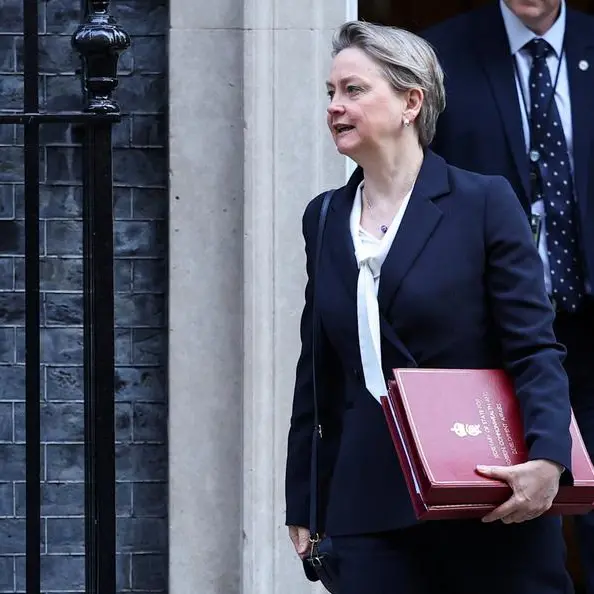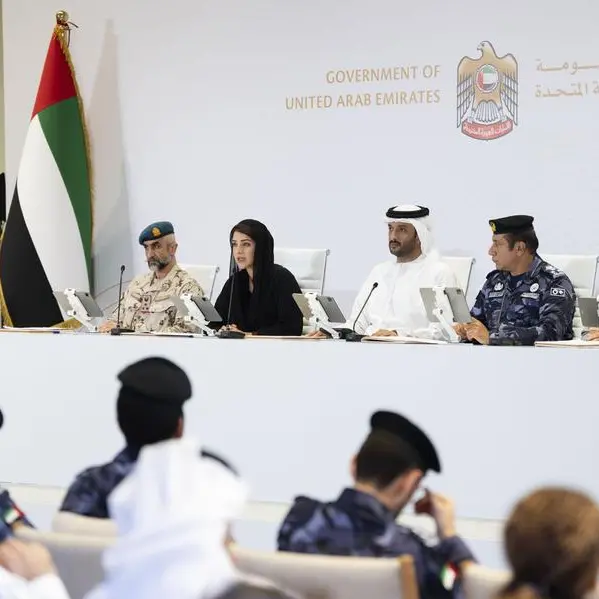PHOTO
UAE - When the UAE President His Highness Sheikh Mohamed bin Zayed Al Nahyan said a few years ago that the country will celebrate when the last barrel of oil is shipped, he means it.
In his first year as President of the country, Sheikh Mohamed has focused on increasing the role of Emiratis in the different spectrums of life, strengthening human capital, signing Comprehensive Economic Partnership Agreements (CEPAs) to diverse the country’s economy from petrodollars as well as improving food safety and security of the country to make the country an economic powerhouse not just in the region but on a global scale.
In order to incorporate citizens in the workforce, especially in leadership roles, firms with 50 employees are required to increase the number of Emiratis in their skilled workforce by one per cent every six months. This will expedite the country’s transition towards human capital and create more opportunities for the citizens in the higher echelon of leadership in public and private sectors and also improve the country’s ranking in Global Human Capital Index.
In the past year, another major economic innovative step under the leadership of His Highness was the launch of Comprehensive Economic Partnership Agreements with key partner countries to further boost and facilitate trade. So far, the UAE has concluded agreements with India, Indonesia, Israel and Turkey.
“The signing of the Comprehensive Economic Partnership Agreement with my friend Tayyip Erdogan strengthens the partnership between the UAE & Türkiye. UAE-Türkiye CEPA builds on our longstanding ties to deliver further growth, opportunity and stability for our countries and our people,” Sheikh Mohamed said during the CEPA signing with Turkey.
Importantly, the country is already bearing the fruit of this first CEPA deal signed with India, one of the largest trading partners of the UAE.
On the eve of the first anniversary of the UAE-India CEPA, Dr Thani bin Ahmed Al Zeyoudi, UAE Minister of State for Foreign Trade, revealed that the bilateral non-oil trade has increased by 7 per cent to reach $45.5 billion in 11 months since CEPA came into effect on May 1, 2022.
This reflects that the country’s vision to reduce reliance on oil and increase the contribution of non-oil sectors in the GDP is paying off, thanks to the signing of the CEPAs.
In addition, a new initiative focused on strengthening economic cooperation has been launched by leaders of the UAE, the US, India and Israel – also known as I2U2.
The UAE President has also stressed financial inclusion so that all segments of society can benefit from the opportunities that arise with the growth of the economy.
During the G20 Summit in Bali, Indonesia, Sheikh Mohamed said: “The UAE looks forward to engaging in constructive dialogue to support sustainable growth and shared progress for all countries and their people.”
As the UAE’s role becomes more prominent and important in the global economic world, the UAE has won the right to host the prestigious World Trade Organization Ministerial Conference in 2024.
“We look forward to facilitating constructive dialogue between WTO nations and strengthening international cooperation for a sustainable economic future,” Sheikh Mohamed said after the UAE was declared as the host country for the prestigious conference.
Not just at the federal level, the local economy of Abu Dhabi became the fastest growing economy in the Middle East and North Africa region, growing at 9.3 per cent in 2022 and the GDP exceeding Dh1.1 trillion with the non-oil sector contributing half of it.
With all indicators looking upward and strong GDP growth projected by the global institutions, the UAE is on track to make a mark on the global economic stage and strengthen its position as a major economic powerhouse.
Copyright © 2022 Khaleej Times. All Rights Reserved. Provided by SyndiGate Media Inc. (Syndigate.info).
